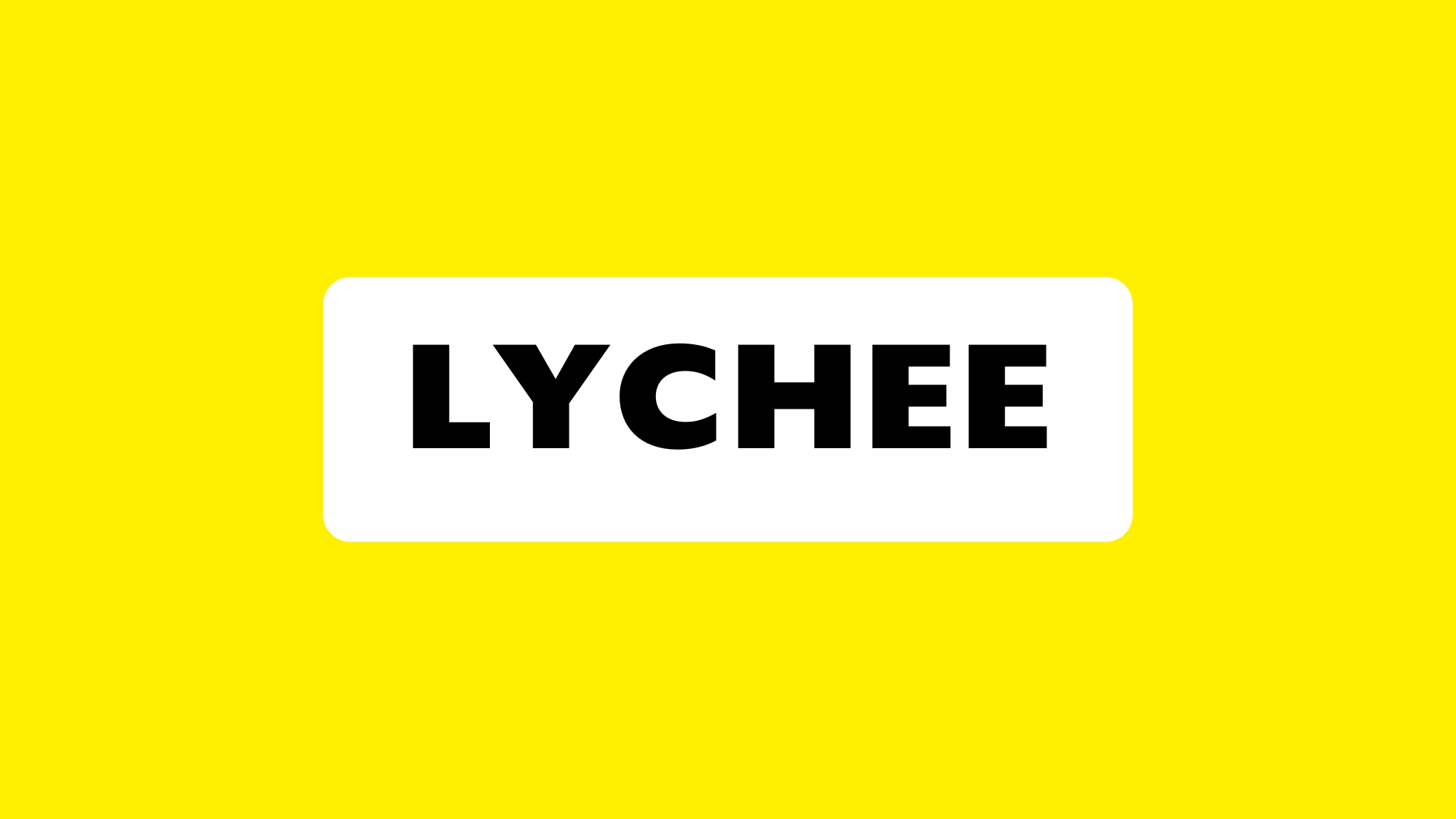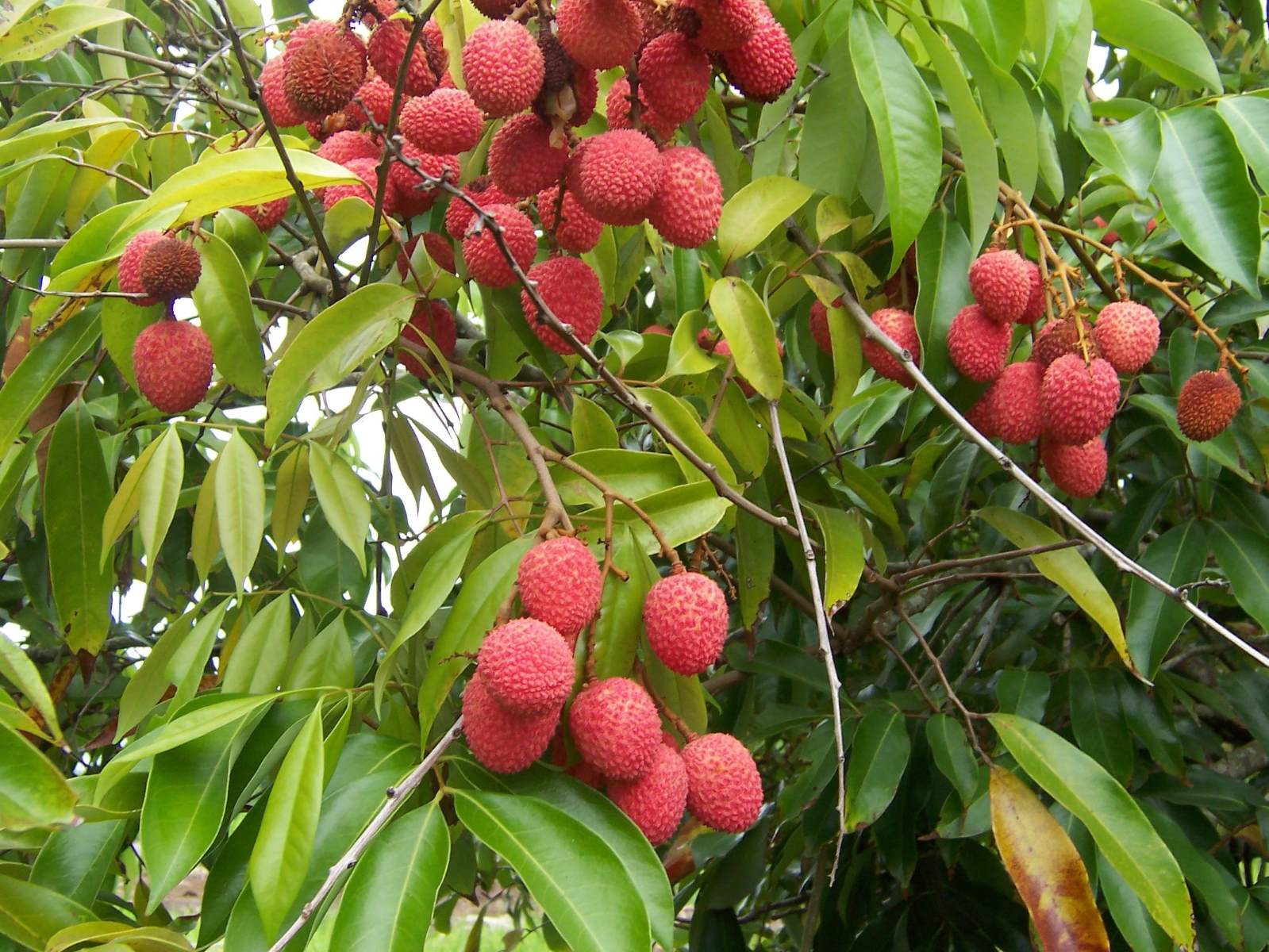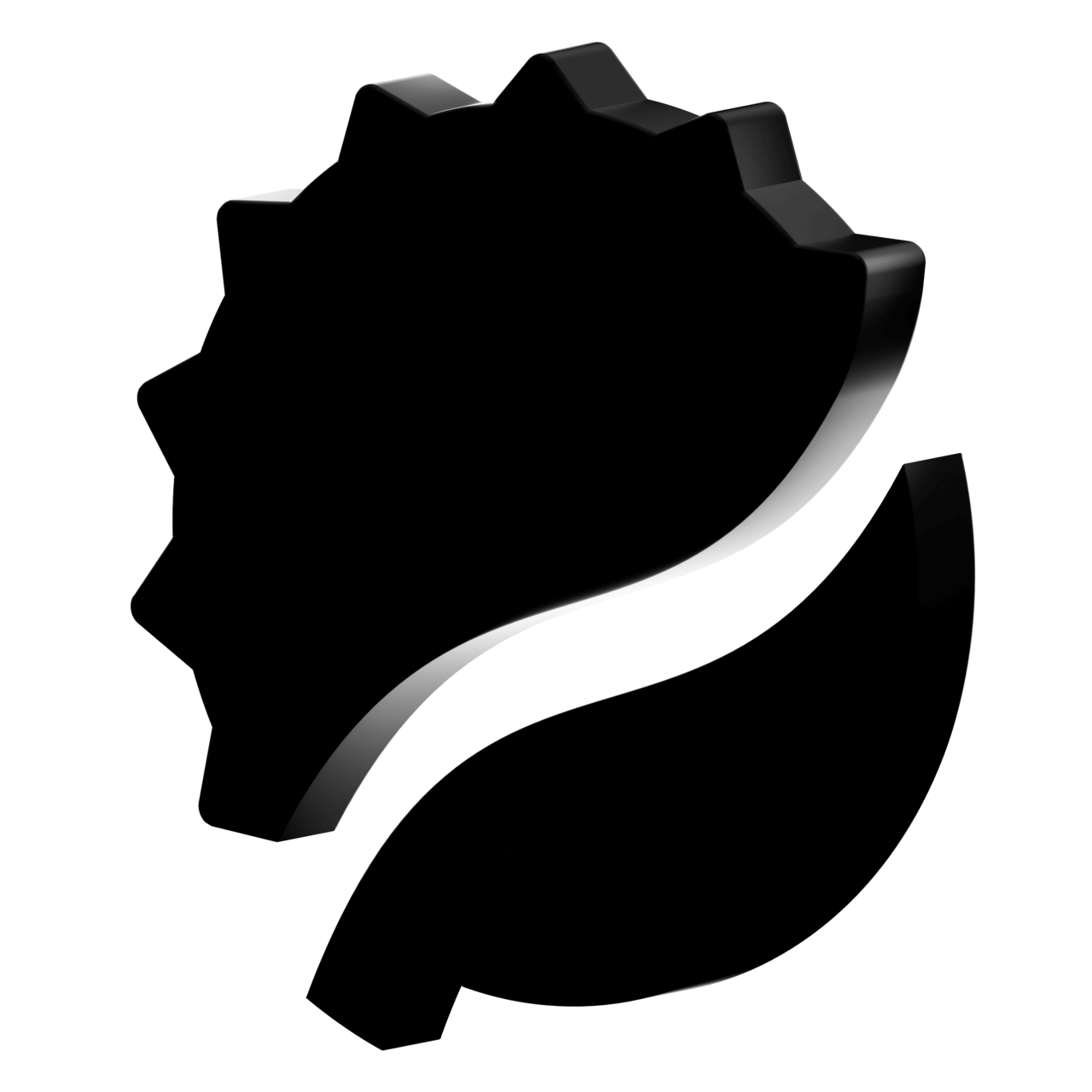How To Pronounce Lychee: Your Easy Guide To Saying This Sweet Fruit's Name
Have you ever found yourself staring at a menu, or maybe even a fruit stand, wanting to order or ask about that delicious, juicy lychee, but then you hesitate? It's a rather common thing, you know, to feel a bit unsure about how to say certain words, especially those that come from other languages. This little moment of doubt, it can actually stop us from enjoying something new or just feeling confident in our everyday chats. So, learning the correct way to say "lychee" can really make a difference, giving you that extra bit of confidence.
That feeling of uncertainty, it's pretty universal, I mean, when you come across a word that looks a little different from how it sounds. Lychee, with its unique spelling, is definitely one of those words that tends to trip people up quite often. You might have heard it said one way, then another, and you’re left wondering which one is the right one, or if there even is just one way, you know.
Well, good news, because you're about to clear up all that confusion today. We're going to break down how to pronounce lychee, giving you the tools to say it with ease. We'll even look at the different ways people say it, so you'll be pretty much an expert by the time we're done. This guide will help you feel more comfortable talking about this lovely fruit, whether you're at the store or just chatting with friends, so it's almost like a mini language lesson.
- Sophie Rain Spiderman Video
- Dubai Strawberry Cup Near Me
- Yes Yes Yes Meme
- Camarones A La Diabla
- Wasmo Somali Chanel
Table of Contents
- Why Lychee Pronunciation Can Be Tricky
- The Two Main Ways to Say 'Lychee'
- Breaking Down Each Syllable
- Hear It for Yourself: Audio and Video Guides
- Practice Makes Perfect, You Know
- A Little History of the Lychee Name, Actually
- Frequently Asked Questions About Lychee Pronunciation
Why Lychee Pronunciation Can Be Tricky
Many words that come into English from other languages often keep some of their original sounds, or they get adapted in different ways, you know. Lychee is a good example of this, as a matter of fact. Its origin is in Chinese, and when words travel across different tongues, they tend to pick up new ways of being said. This is why you often find more than one accepted pronunciation for words like this, which can be a little confusing for people just trying to get it right.
The English language itself is pretty vast, with many regional differences, so that also plays a part. What sounds normal in one part of the world might sound a bit different in another. This variety is actually what makes language so rich, but it can also make things a little more complex when you're learning how to say a new word. So, it's not just you; many people find this sort of thing a bit of a puzzle.
Sometimes, too, the way a word looks on paper doesn't quite match up with how it sounds when spoken. The 'y' in 'lychee,' for instance, isn't always pronounced the same way in English words, which can throw people off. This kind of spelling versus sound mismatch is a very common reason why people search for pronunciation guides, trying to get that clear answer. It's really just part of the fun of learning about language, I guess.
- No Te Duermas Morena
- Chris Jones 40 Yard Dash
- How To Ripen Avocados
- How To Make Birria Tacos
- Point Of View Skin Care
The Two Main Ways to Say 'Lychee'
When you ask about how to pronounce lychee, you'll actually find that there are two primary ways that are generally accepted, especially in English-speaking countries. These differences often come down to whether you're hearing it in British English or American English, which, you know, have their own distinct patterns for how sounds work. Both ways are correct, so it's not about one being better than the other, just different, actually.
It's pretty interesting how these variations come about. Language is always changing, and words can take on slightly new forms as they move through different communities. So, when you hear someone say "lychee" one way, and then someone else says it another, they could both be speaking perfectly correctly, just using a different regional standard, or something like that. It's really quite fascinating, in a way.
Understanding these two main pronunciations means you'll be able to recognize both and even use them yourself, depending on who you're talking to or what sounds more natural to you. This knowledge can really help you feel more comfortable and confident when you're discussing this delicious fruit. It's like having a little secret key to the word, sort of.
The British English Sound: /ˈliː.tʃiː/
In British English, the pronunciation of lychee typically starts with a sound that is similar to "lee." This first part is short and crisp, not drawn out at all, you know. Think of the "lee" in "leek" or "sleepy," but just the beginning sound. It's a clear, bright sound that sets the tone for the whole word, actually.
The second part of the word, "-chee," then follows this "lee" sound. This "chee" is also short and crisp, much like the "chee" you hear in the word "cheese" or "teach," but again, just the sound itself. So, when you put them together, it sounds like "lee-chee." This is the way you'll most often hear it if you're listening to someone from the UK, or perhaps some parts of Australia, for example.
So, to practice this, you can try saying "lee" with a quick, light touch, and then immediately follow it with "chee," also with a quick, light touch. The vowel sound in "lee" is a long 'e' sound, like in "see," and the 'ch' sound is just like in "church." It's a very common way to say it, and you'll find it in many English dictionaries, too, as the primary British pronunciation.
The American English Sound: /ˈlaɪ.tʃiː/
Now, when it comes to American English, the pronunciation often starts with a different sound for the first syllable. Here, the "ly-" part sounds more like "lie." This is the sound you get in words such as "light" or "my," a sort of longer 'i' sound. It's a bit more open than the "lee" sound, actually, and has a slight glide to it, so it's not quite as abrupt.
The second part of the word, "-chee," remains pretty much the same as in British English. It still has that short, crisp sound, like the "chee" in "cheese." So, you combine the "lie" sound with the "chee" sound, and you get "lie-chee." This is the pronunciation you'll generally hear from people in the United States, and it's also widely accepted, you know.
To give this a try, focus on making that "lie" sound first, really letting the 'i' open up. Then, quickly add the "chee" sound right after it. The vowel sound in "lie" is a diphthong, meaning it's two vowel sounds blended together, starting with an 'ah' and ending with an 'ee' sound. This distinction is really key to getting the American pronunciation just right, and it's something many people notice, you know.
Breaking Down Each Syllable
Sometimes, when a word seems a bit difficult to say, breaking it down into smaller parts can really help. Lychee is a two-syllable word, and looking at each part separately makes the whole thing much more manageable, you know. This way, you can focus on one sound at a time before putting them together, which is often a pretty effective learning method.
This approach is especially helpful because the main difference between the British and American pronunciations lies almost entirely in that first syllable. The second syllable, as we've seen, is pretty consistent across both. So, once you master the beginning, the rest usually falls into place quite easily, you know. It’s like building with blocks, one piece at a time.
So, let's take a closer look at each of these parts. We'll go over the sounds involved, and give you some tips for getting them just right, no matter which pronunciation you prefer. It's really about getting comfortable with the individual components, and then blending them smoothly, which is what good pronunciation is all about, actually.
The First Part: 'Ly-'
For the first syllable, 'ly-', you have two choices, really. If you're going for the British sound, you want to aim for "lee." This sound is short and bright, very much like the 'ee' in "tree." It's important that you don't drag it out; it's a quick, clean sound, you know. Think of it as a single, clear vowel sound that comes out easily.
On the other hand, if you prefer the American pronunciation, the first syllable will sound like "lie." This sound is a bit more complex, as it's a diphthong, meaning your mouth moves a little during the sound. It starts with an open 'ah' sound and then glides into an 'ee' sound, all in one smooth motion. So, it's not just a single 'i' sound, but a combination, actually, like in the word "sky."
Practicing both of these sounds separately is a good idea. Say "lee, lee, lee" several times, focusing on the shortness and clarity. Then, try "lie, lie, lie," paying attention to the movement of your tongue and mouth. Getting these first sounds right is really the biggest hurdle, and once you've got them, you're pretty much halfway there, you know.
The Second Part: '-chee'
Now, for the second syllable, '-chee,' things are a bit simpler because this part stays the same for both British and American English. This sound is short and crisp, just like the 'chee' you hear in words such as "church" or "chip." It's a common sound in English, so you're probably already pretty familiar with it, actually.
The 'ch' sound here is a single consonant sound, often called an affricate, which means it starts with a stop and then releases with a friction sound. It's the same sound you make when you say "chatter" or "chocolate." The 'ee' sound at the end is the same long 'e' as in "see" or "me." So, it's a very straightforward combination, you know.
To practice this, try saying "chee, chee, chee" a few times. Make sure the 'ch' is clear and the 'ee' sound is bright and not too long. Once you're comfortable with this, you can then try combining it with the first syllable you practiced. It's really all about putting those pieces together smoothly, which takes just a little bit of repetition, you know.
Hear It for Yourself: Audio and Video Guides
Reading about pronunciation is one thing, but actually hearing the sounds makes a huge difference, you know. That's why listening to audio and watching instructional videos can be incredibly helpful. It gives you a real-world example of how the words are spoken, which is something text alone can't quite capture, actually.
My text tells us that Julien, a native French speaker who is also fluent in English and Spanish, creates instructional and educational videos that make pronunciation much easier. He details the correct pronunciation, offering a really clear guide. He even provides phonetic spellings and uses the International Phonetic Alphabet, which is a great tool for precision, you know.
You can find audio pronunciation in English, which is super useful for getting the nuances right. There are audio video guides that teach you how to learn lychee pronunciation in both American and British English. These resources are designed to help you master the pronunciation effortlessly, with comprehensive audio samples and clear instructions. It's like having a personal language coach, sort of.
So, if you're looking for how to pronounce lychee correctly, these audio and video guides are pretty much your best bet. They let you hear the short and crisp nature of both the "lee" and "chee" syllables, or the "lie" and "chee" syllables, depending on the accent. This direct listening experience is really invaluable for picking up the correct sounds, and it makes learning a lot more engaging, you know. You can often find great pronunciation videos on YouTube.
Practice Makes Perfect, You Know
Just like learning any new skill, getting your pronunciation just right takes a little bit of practice. You can't just read about it once and expect to be perfect, can you? Regularly saying the word out loud, perhaps in front of a mirror or while you're alone, really helps to build that muscle memory in your mouth and tongue. It's a bit like learning to play an instrument, actually.
Try incorporating "lychee" into your daily conversations, even if you're just talking to yourself. Maybe you can pretend you're ordering a lychee drink, or describing the fruit to a friend. The more you use the word, the more natural it will feel to say it correctly. This kind of active practice is much more effective than just passive listening, you know.
Another helpful tip is to record yourself saying the word and then play it back. This lets you hear how you sound and compare it to the audio guides. You might be surprised at what you notice! It's a great way to catch any small errors and refine your pronunciation over time. So, don't be shy about giving it a try; it really does help, you know. Learn more about pronunciation on our site, and link to this page for more language tips.
A Little History of the Lychee Name, Actually
The word "lychee" itself has a rather interesting past, you know. It comes from the Chinese word "lì zhī," which refers to this very same delicious fruit. This fruit has been cultivated in China for thousands of years, so its name carries a lot of history with it, actually. When explorers and traders brought the fruit to other parts of the world, its name traveled along too, more or less.
As the name moved from Chinese into other languages, like English, it naturally underwent some changes in spelling and pronunciation. This is a very common process for words that are borrowed between languages. Each language tries to adapt the foreign sounds to its own sound system, which is why we end up with variations, you know.
Understanding this background can sometimes make the different pronunciations feel a little less random. It shows that both "lee-chee" and "lie-chee" are part of a longer story of linguistic adaptation. So, when you say "lychee," you're not just naming a fruit; you're also, in a way, speaking a piece of history, which is pretty cool, actually.
Frequently Asked Questions About Lychee Pronunciation
Is lychee pronounced lee-chee or lie-chee?
Actually, both "lee-chee" (like in British English) and "lie-chee" (like in American English) are considered correct ways to pronounce lychee. The difference usually depends on the regional accent, you know. So, you can use either one and still be understood perfectly, which is pretty convenient, actually.
Why are there two ways to pronounce lychee?
The two pronunciations exist because the word "lychee" comes from Chinese and has been adapted into English in slightly different ways across various English-speaking regions, particularly in the UK and the US. It's a common thing for words borrowed from other languages to have these kinds of variations, you know, as they settle into a new tongue.
What does lychee mean?
Lychee refers to a small, sweet, and fragrant tropical fruit with a rough, reddish skin and translucent white flesh around a single seed. The word itself comes directly from the Chinese "lì zhī," which is the name for this specific fruit. So, it literally just means the fruit itself, you know, which is pretty straightforward, actually.
- Do A Barrel Barrel Roll
- King Edward Love Chair
- Pam Bondi Have Children
- La Casa De Los Famosos Vota
- Michael B Jordan Girlfriend

How to Pronounce Lychee (US & UK Human Audio-Video Guide)

How To Pronounce Lychee | Regretless

Lychee